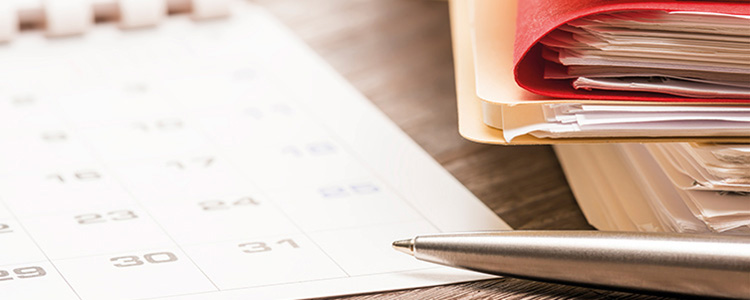

For many savers, using banks and building societies, their interest income is covered by the Savings Allowance. Make sure you read the guidance on this issue covered in the ‘tax rates and allowances’ section in the Taxation of the Family section of this guide.
Many of us, including children, the retired and working people, will have savings accounts of one sort or another and many might also have shares from which income arises in the form of dividends. The Dividend Allowance may cover the total amount of dividends received so they are taxable at 0%. However, strategies may need reviewing to ensure you maximise income and minimise income tax.
As the circumstances described above cover the overwhelming majority of individuals, more than 80% of the population will have little or no regular contact with HMRC, the organisation that administers and regulates all taxes in the UK.
Over 11 million taxpayers have something more than just a regular income taxed under PAYE or income covered by the Savings and Dividend Allowances. They might have income from their own business or receive rent from a property. Alternatively, it may be that their savings or dividend income is significant enough to result in tax being payable at the basic, higher or additional rates of tax. These taxpayers may be asked to complete a self assessment return each year and then they will have direct contact with HMRC.
|
Practical Tip |
|---|
|
If you are not asked to complete a tax return, it remains your responsibility to advise HMRC if there is a new source of untaxed income, a capital profit that could lead to a tax liability or you are subject to the high income child benefit charge. Please contact us for further advice if this affects you. |
Income tax is not the only means by which the government relieves us of our hard earned cash. You may own assets such as a precious antique, a second home or shares. If such an asset is sold, the chances are that a profit will arise and this may give rise to a liability to capital gains tax (CGT).
Details of any capital gains may have to be included on the self assessment return. However, requirements for in year reporting and payment of CGT on residential property disposals were introduced from 6 April 2020 (see Property Matters section for more information on this issue).
Inheritance tax may be payable on the assets that you give to others in your lifetime or leave behind when you die. At one time very few individuals had to worry about this tax.
House price increases over the last two to three decades have changed this and many more estates have now become liable so you may need to consider some planning to minimise this tax.
Many of those in business have to understand the principles of Value Added Tax (VAT) because they will have to act as an unpaid collector of this tax. The introduction of Making Tax Digital for VAT from 1 April 2019 put extra responsibilities on most VAT registered businesses. In addition, those who run their business through a limited company need to know about corporation tax which taxes a company’s profits. Employing others in your business brings further obligations with Real Time Information reporting for PAYE and auto enrolment pension contributions and reporting. We consider these issues later in this guide.
|
Practical Tip |
|---|
|
Remember to keep all tax related documents such as interest statements, dividend vouchers, pay certificate form P60 etc. Place everything in a folder through the year as it is received. Then you can simply hand this to us when we need to prepare your self assessment return. |
HMRC are increasingly emphasising the importance of good records. Failure to maintain adequate records may lead to inaccurate tax returns, which could result in penalties.
|
Practical Tip |
|---|
|
The full £100 penalty will always be due if your return is filed late even if there is no tax outstanding. It is therefore essential to submit the return on time either by 31 October (non-electronic) or otherwise by 31 January following the end of the tax year. |
Please use these Tax Tips to identify areas where you could take action, then contact us for advice and to discuss the most appropriate way forward.